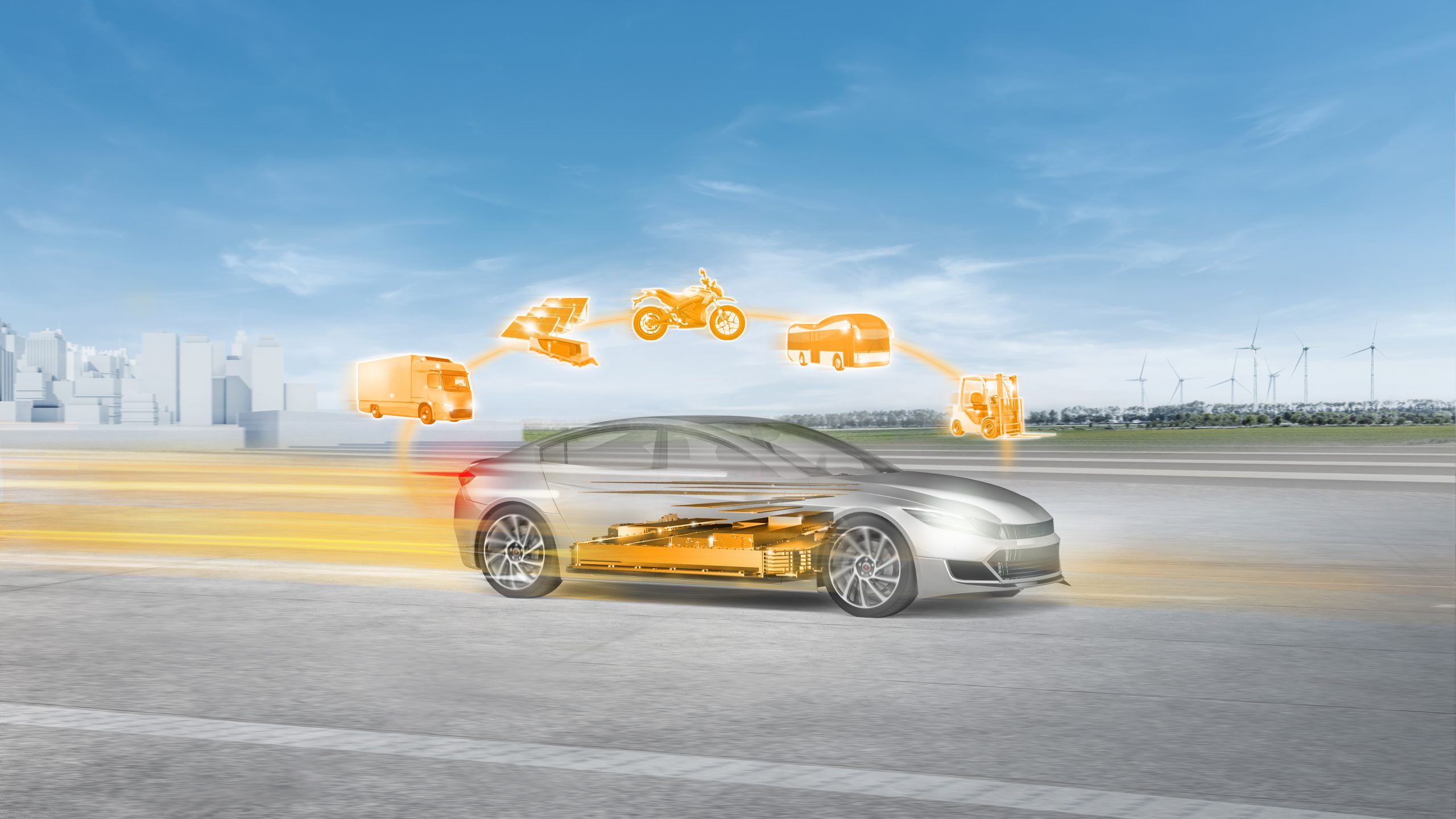
New: Farasis expands upon its Generation 4 development
Frickenhausen near Stuttgart, 10th May 2022 – Farasis Energy is expanding its fourth generation of battery cells for e-vehicles with an ultra high power variant that achieves a fast charging time of less than 15 minutes – while maintaining a high energy density of 300 Wh/kg. This variant has been undergoing external testing by customers and will be ready for industrial production in 2025.
“For a long time, manufacturers focused on range when developing battery cells,” says Dr. Keith Kepler, CTO and co-founder of Farasis Energy. “The goal was to come close to the ranges of combustion engine vehicles. In this respect, we have been able to make tremendous progress in recent years.” For example, Farasis’ Generation 1 cells currently in use have an energy density of 285 Wh/kg, which puts them as one of the key players at the top of the international market. Depending on the size of the battery, more than 700 kilometers of range can be achieved with these cells. “We are, however, noticing that in addition to the desire for more range, fast charging is becoming more and more of a focus for automobile manufacturers and, ultimately, consumers”, states Dr. Stefan Bergold, General Manager of Farasis Energy Europe. “In the development of our ultra high power variant, we have therefore brought together both trends by offering high energy density for long range and high power for fast charging capability to meet our customers’ requirements.”
From 10 to 80 percent fast charge in less than 15 minutes
The Generation 4 ultra high power variant from Farasis not only impresses with its increased energy density compared to previous cell generations, but also with a significant improvement in fast charging time. With this variant, the focus can be placed more on range or more on fast charging capability, depending on the customer’s requirements. In less than 15 minutes, the battery can be charged from 10 to 80 percent in fast charge mode. The time to get an additional range of 250 kilometers through fast charging can be even less than 8 minutes. “Drivers want to be able to quickly re-charge their e-car while on the road,” explains Bergold. “Our goal is therefore to enable a charging process in the future that is in no way inferior in terms of time to the conventional refueling process of a car with a combustion engine. With the new ultra high power variant of our Generation 4 cells, we have come a good deal closer to this goal.”
High range and long life
Range does not have to be sacrificed in the process: With an energy density of 300 Wh/kg and 692 Wh/l, the ultra high power variant can also enable 700 km range or more, while removing up to 30 kg at pack level compared to our already state-of-the-art Generation 1. Even higher ranges are possible depending on the battery size.
An additional plus of the fourth cell generation from Farasis is the longevity of the batteries: They can be fully charged and discharged around 1,500 times. For a vehicle with a 700-kilometer range, this could result in a total range of more than 1 million kilometers.
Industrial production ready for 2025
The performance of all Farasis Generation 4 cells has been confirmed during extensive cell validation testings by various customers. Farasis is now preparing for industrial production, which will be ready for 2025.
About Farasis Energy
Farasis Energy is a developer and producer of high-performance lithium-ion battery technology and pouch cells for electric mobility.

